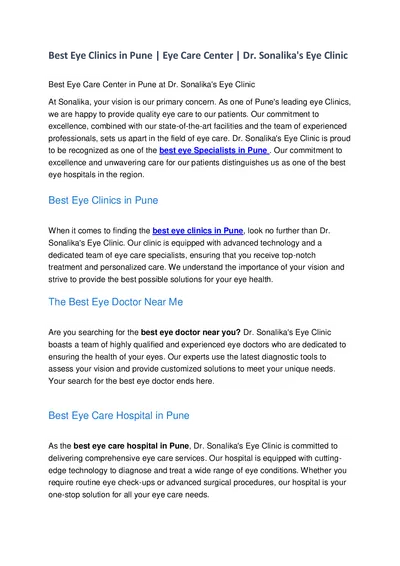PPT-Urgent & Emergency Mental Health Care in the
Author : jane-oiler | Published Date : 2018-11-06
Five Year Forward View for Mental Health Prof Tim Kendall National Clinical Director for Mental Health NHS England Consultant Psychiatrist for Homeless Sheffield
Presentation Embed Code
Download Presentation
Download Presentation The PPT/PDF document "Urgent & Emergency Mental Health Car..." is the property of its rightful owner. Permission is granted to download and print the materials on this website for personal, non-commercial use only, and to display it on your personal computer provided you do not modify the materials and that you retain all copyright notices contained in the materials. By downloading content from our website, you accept the terms of this agreement.
Urgent & Emergency Mental Health Care in the: Transcript
Download Rules Of Document
"Urgent & Emergency Mental Health Care in the"The content belongs to its owner. You may download and print it for personal use, without modification, and keep all copyright notices. By downloading, you agree to these terms.
Related Documents














